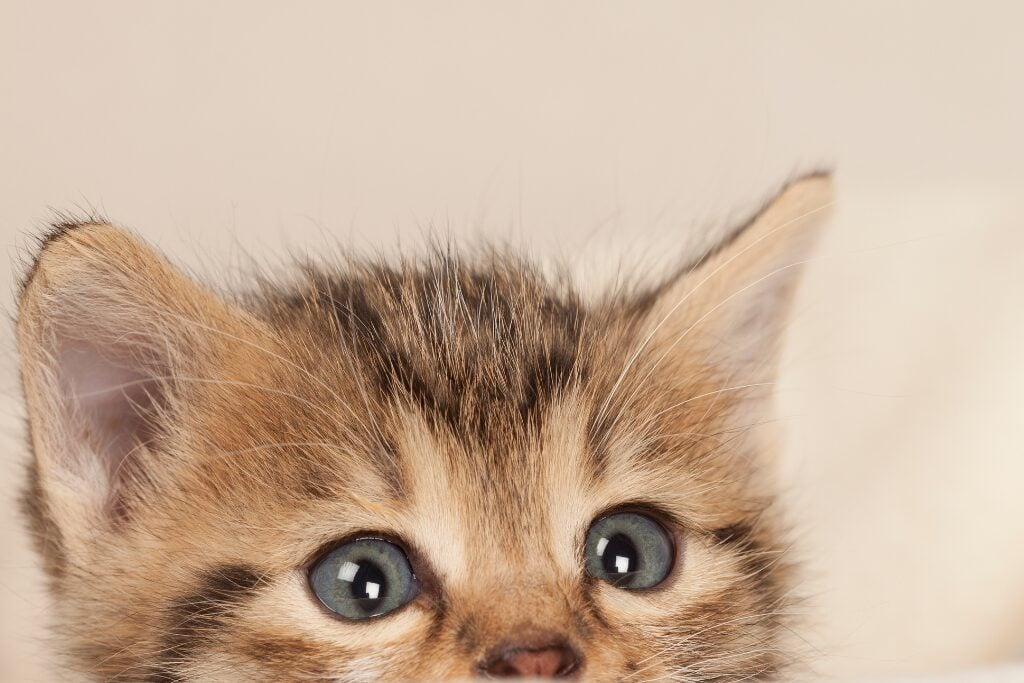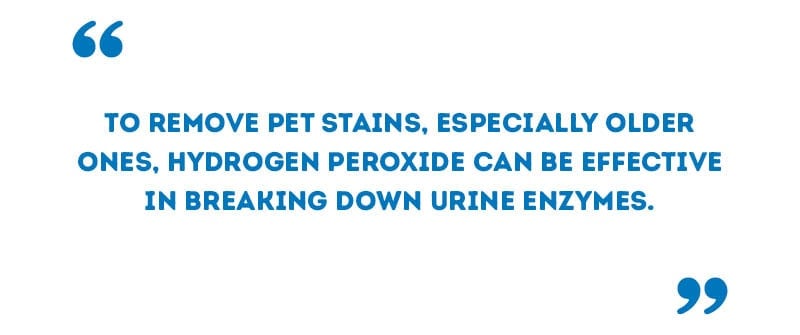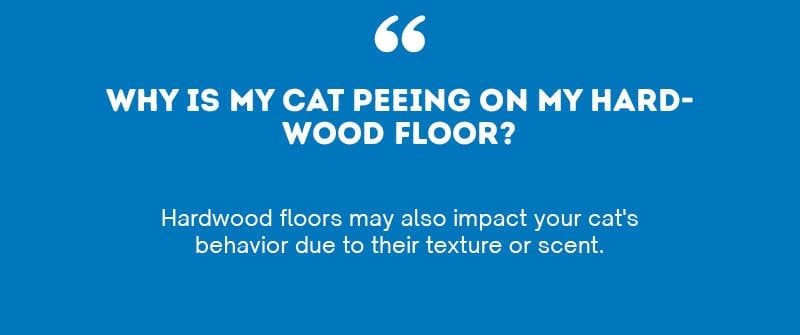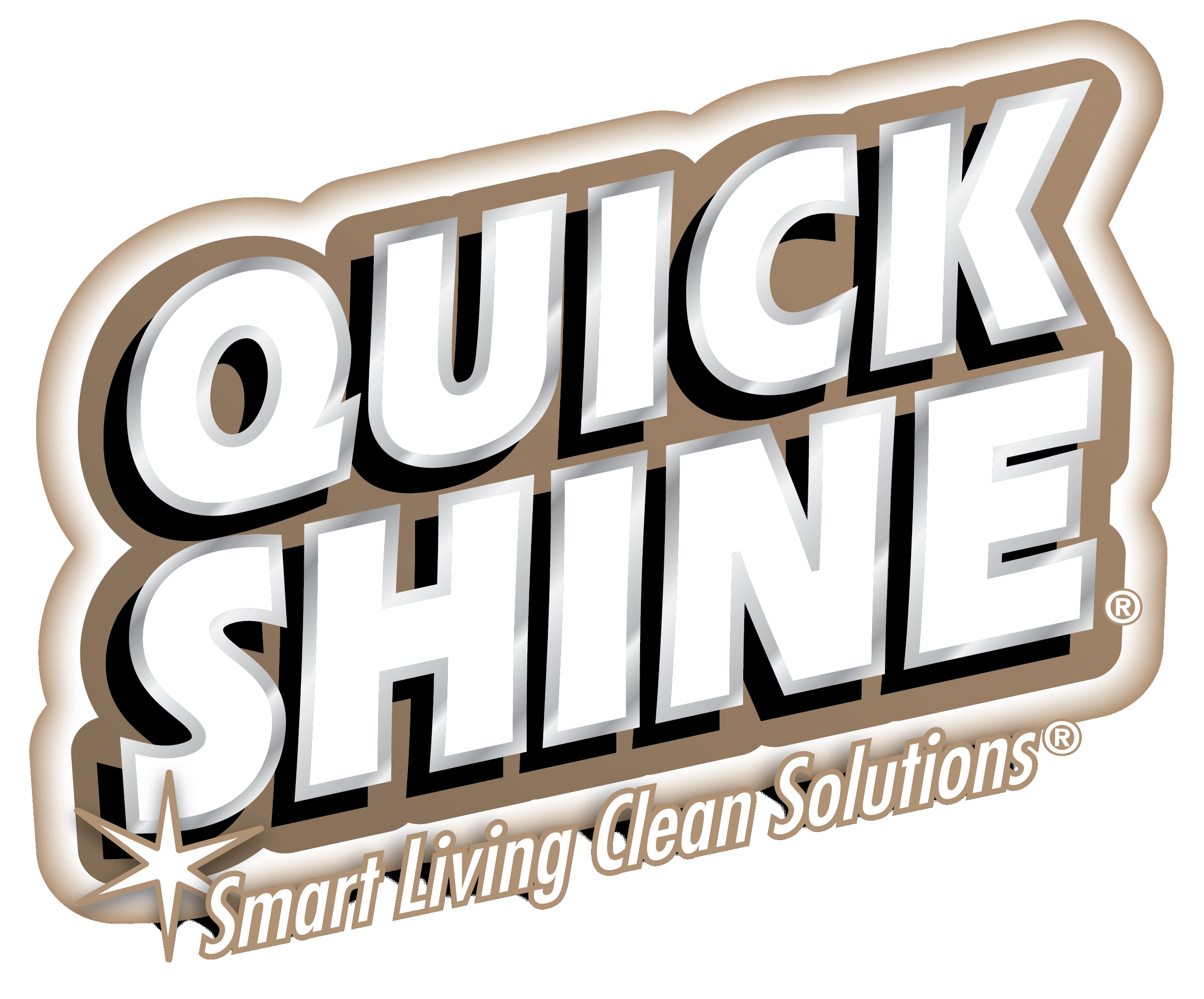Cleaning Cat Pee from Hardwood Floors

It’s a scenario every cat owner dreads: discovering that unmistakable odor of cat urine on your pristine hardwood floors. That’s right, a pet mess. Whether it’s a one-time accident or a recurring issue, dealing with cat pee smells and cat urine stains can be both frustrating and concerning. Not only does it assault your senses, but it also poses a challenge in effectively eliminating the odor and preventing future incidents.
In this guide, we’ll delve into the art of tackling cat urine smells and how to clean hardwood floors properly. From immediate actions to understanding the reasons behind your cat’s behavior, we’ll explore safe and effective cleaning solutions, discuss preventive measures, and provide insights into long-term odor control for pet stains. Whether you’re a seasoned cat owner or a newcomer facing this issue for the first time, let’s embark on a journey to eliminate pet odors and urine stains, and restore freshness and tranquility to your home.
How To Clean Cat Pee Out Of Hardwood Floors?
Discovering cat pee on your hardwood flooring can be distressing, but quick action can prevent lasting damage. Start by blotting up as much urine as possible with paper towels. Then, use Quick Shine Pet Floor Cleaner powered by baking soda to gently clean away any remaining residue or odor. To remove pet stains, especially older ones, hydrogen peroxide can be effective in breaking down urine enzymes.

How To Get Cat Urine Smell Out Of Wood?
Wood is porous and can absorb urine, leading to persistent odors. Sprinkle baking soda for an effective home remedy in removing these smells. Although vinegar is also considered a natural cleaning agent, it can damage hardwood floors so it is not recommended. pH neutral cleaners such as Quick Shine Pet Floor Cleaner is a better option without the use of harsh chemical ingredients and is pet friendly. Commercial products specifically designed for hard wood flooring can also be considered for stubborn smells.
Why Is My Cat Peeing On My Hardwood Floor?
Understanding why your cat is urinating on your hardwood flooring is crucial in addressing the issue. Behavioral and medical reasons can contribute to this behavior. Stress, territorial marking, or medical conditions like urinary tract infections could be factors. Hardwood floors may also impact your cat’s behavior due to their texture or scent. Consulting a veterinarian can help rule out any underlying health issues, while adjustments in the home environment can prevent future incidents.

What Takes Cat Pee Smell Out Of Wood Floors?
Persistent cat urine smells, especially black stains, can be challenging to remove. Various home remedies like enzyme cleaners and baking soda can be effective. However, for stubborn stains or pervasive odors, professional cleaners may be necessary. Implementing long-term solutions like regular cleaning, proper litter box maintenance, and behavioral enrichment for your cat can help keep your floors smelling fresh.
Don’t let cat urine odors linger on your hardwood floors. Take action today to eliminate the smell and prevent future incidents. Explore pet-friendly cleaning solutions and consult a veterinarian if needed. With the right approach, you can enjoy clean, fresh-smelling floors and a happier, healthier home for you and your feline friend.
